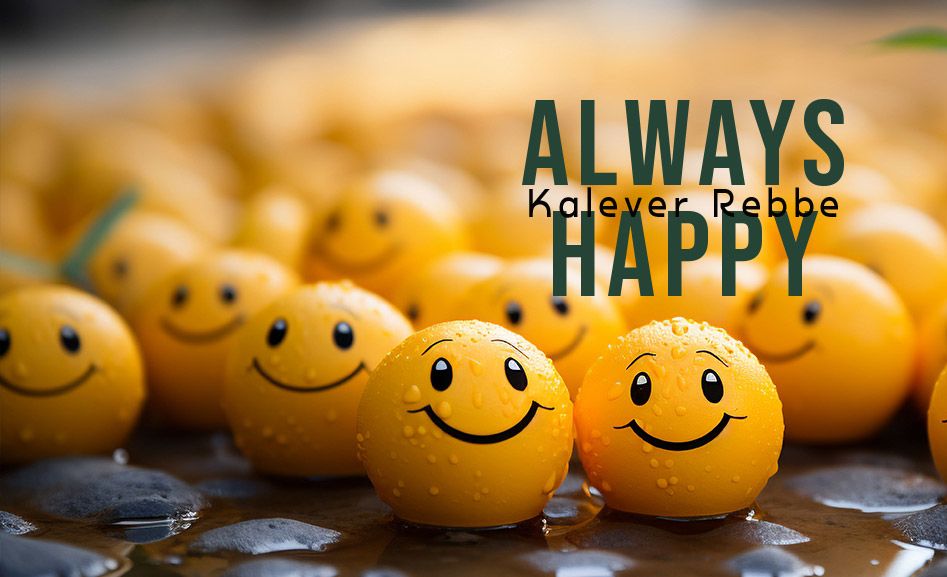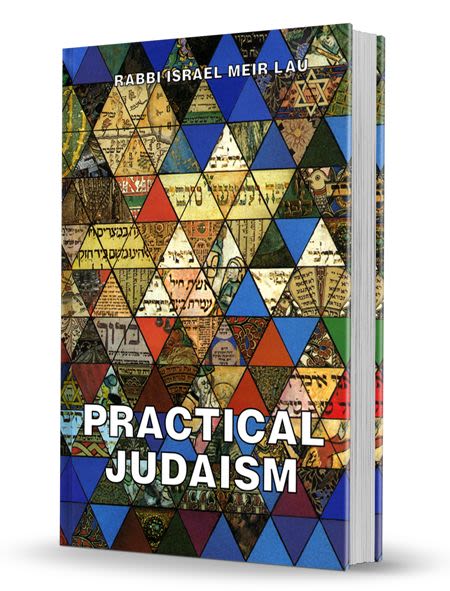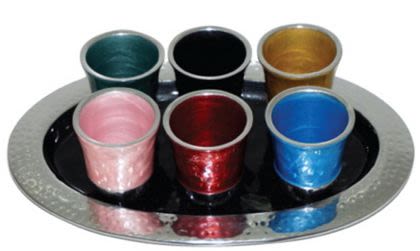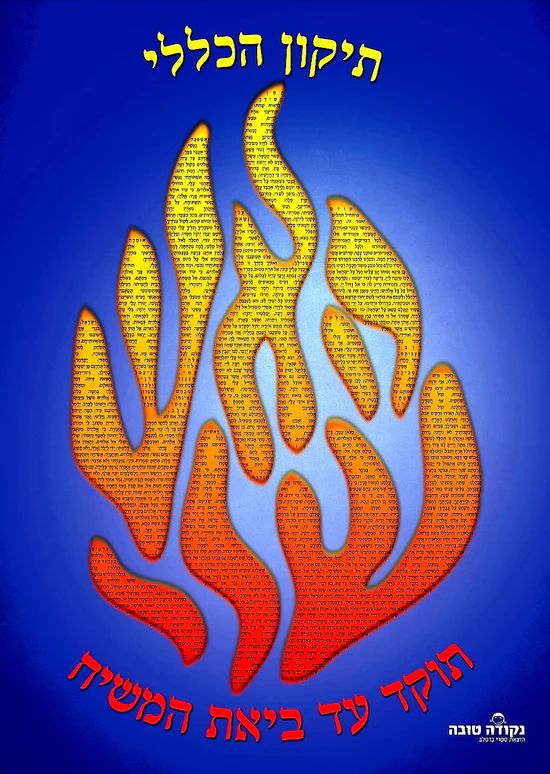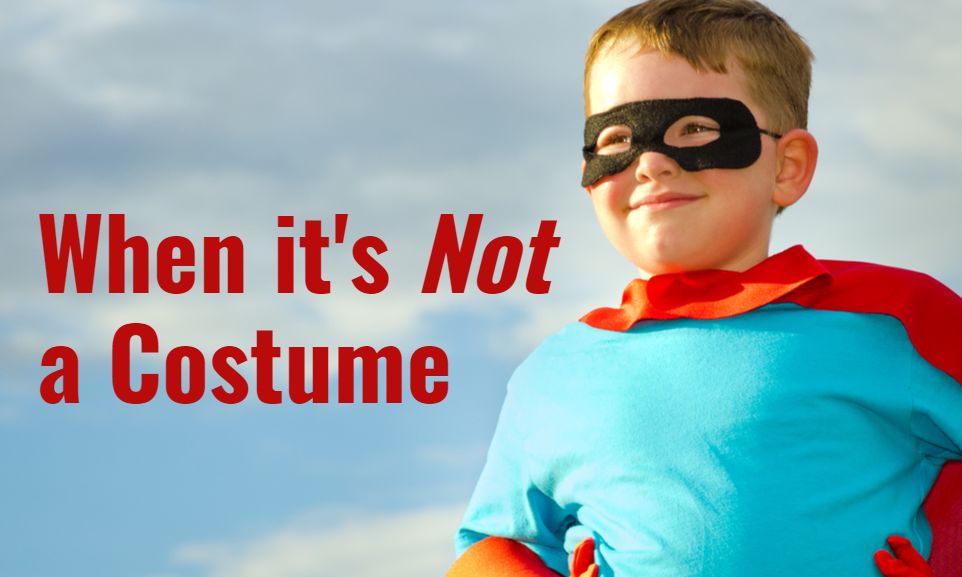
When It Is Not a Costume
As long as we keep fighting to represent everything our Jewish uniform stands for, it’s never a costume but a constant call to arms.

“We have been observant for over 15 years, but still, every time I walk past a music store, I start humming Bob Marley to myself. David, sometimes I feel like a hypocrite.”
“Whenever I get stressed out, the first thing I want to do is reach for a drink, or two, or five.”
“Here you are in tzitzit and here I am in head covering, but on the inside, it feels like we’re the same people who danced the night away in that hole-in-the-wall club on Queens Boulevard.
“It was Roosevelt Avenue.”
“Are we being Jewish or playing Jewish?”
“As much as we pine for some of the things we did in the past, we haven’t reverted to them. We continue to perform G-d’s commandments to the best of our abilities. Sometimes I feel like I am wearing a costume, but sometimes I feel like these clothes protect me from what I want to keep walking away from.”
“You know what David, these aren’t costumes. They’re uniforms. They symbolize everything we strive to be, even if we have to fight what’s under this uniform – our own flesh.”
Suiting Up
My wife just explained to me the meaning of life. No matter how hard we work to grow, there is still a big part of us that wishes we could go back to being kids. We resist the urge – but we still have them. There are others who never fought the urge making money, living it up, seeing success in all their endeavors and we cannot digest why they have everything – for doing nothing.
That’s the meaning of life.
In the Torah portion of Bereshit (Genesis), we receive the two great gifts from Hashem: Free will and a desire for sin. In the Torah portion of Noah, we see that for 1,600 years, those who used their free will only to satisfy their most base desires enjoyed power, fortune, and a greater ability to fulfill more desires: Tempting us into wanting to be just like them.
That’s the only way this world can work.
In the portion of Lech Lecha, we learn the meaning of life: To trust in G-d and do good (Psalm 37). To choose good, blessing, and life. It cannot be a choice if waking up at 6AM in the cold to start your day with prayer, Shema, and tefillin feels a lot better than going to bed at 6AM to end your day intoxicated. It cannot be a choice if the Rabbis are on the cover of Time magazine and the Sages are in Forbes 500. If that were the case, we would all want to be Rabbis and Sages. There would be no effort involved in using our free will to choose Hashem.
Filling the Uniform
What is a uniform? It is something someone wears in commitment to sacrificing their baser desires for a greater good. It can be a policeman. It can be a soldier. It can be a doctor, nurse, or fireman.
These great men and women exercise their free will to take an oath to make the sacrifices necessary, and learn the right skills to dedicate themselves to the great standard of personal behavior their uniform demands. By holding these standards, the uniform transforms them. It starts on the most superficial level – the outside, our outer actions. Over time, it permeates to their inner essence. The uniform wages a nonstop battle against their inner urges, every moment of every day, to escape from bad and uphold the banner of everything the uniform stands for.
This is why a Jewish man wears tzitzit. It is why a Jewish woman dresses modestly. It is why Jewish men and women cover their heads – to always remember “shiviti Hashem l’negdi tamid” – I place G-d before me always. G-d is always over me, watching me, “there is an Eye that sees and an Ear that hears.”
It’s a uniform. It’s a G-dly standard to be a warrior in Hashem’s army. To be on guard at all times against the impure enemies all around us and against those foreign urges burrowed deep inside us.
As long as we keep fighting to represent everything our Jewish uniform stands for, it’s never a costume but a constant call to arms.
* * *
David Ben Horin lives in Afula with his wife and children. Since moving to Israel in 2002, David has discovered Torah, writing hi-tech, hiking, coding ReactJS Apps, and hearing stories about the Land of Israel from anyone excited to tell them. Check him out on Highway 60 or email him your favorite Israel story at: david.ben.horin@spreadyourenthusiasm.com.





